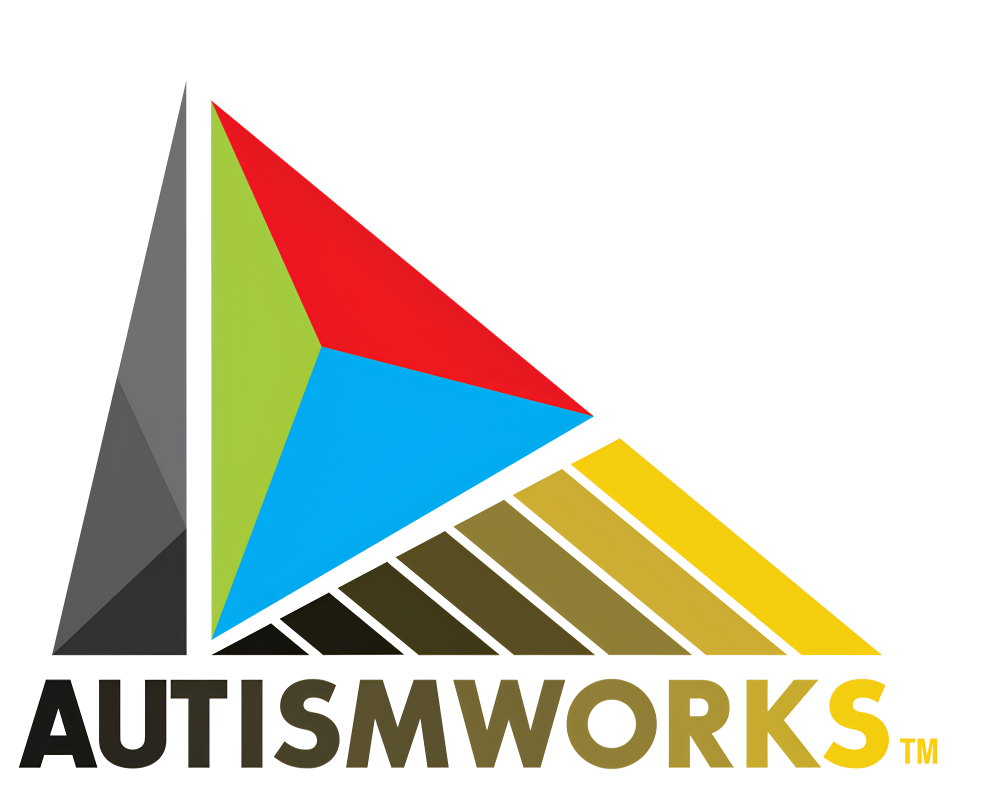Beyond Social Smarts: Celebrating Strengths in Other Areas
Hello AutismWorks Community,
One of the unique things about autism is the way the brain works differently—and beautifully. While some individuals may find social situations tricky or confusing, that energy doesn’t go to waste. In many cases, what’s often missing in “street smarts” or everyday social skills gets replaced by something just as powerful: a deep focus and talent in areas like math, science, music, logic, or specialized interests.
This trade-off isn’t a flaw—it’s a feature. It shows how the mind adapts, reallocating strengths in ways that deserve recognition and respect.
Trading Street Smarts for Book Smarts
In everyday social settings—reading body language, picking up on unspoken rules, or knowing how to keep a conversation going—things can feel uncertain or overwhelming for someone with autism. These moments might not come naturally. But while the “social part” of the brain might not be in the spotlight, something else often is.
That “something else” might be:
-
Solving complex math problems
-
Remembering facts with amazing precision
-
Creating systems or organizing information
-
Thinking in patterns or visuals
-
Developing deep knowledge of a favorite subject
It’s not that one kind of intelligence is better than the other—it’s that brains work differently, and that difference creates its own kind of brilliance.
Where Strengths Shine
These areas of focused skill can become true superpowers:
-
Math & Logic: For some, numbers make more sense than people. Patterns, formulas, and clear answers offer comfort and structure.
-
Memory: Extraordinary recall abilities can make learning, researching, or storytelling deeply impressive.
-
Creative Passions: Interests in things like trains, astronomy, history, or art often turn into expertise that surprises and inspires others.
-
Systematic Thinking: Understanding how systems work—from computers to schedules to puzzles—is a huge strength in many fields.
Why This Matters
Sometimes society measures success by how well someone fits into social norms. But what if we valued someone for how they think, how they learn, and what they can do—rather than how they “blend in”?
Understanding this trade-off helps us:
-
Support individuals with autism where they need help (like social situations)
-
Celebrate and develop their strengths (like academic or technical skills)
-
Promote inclusion that appreciates diverse types of intelligence
Support Without Changing Who They Are
If you’re raising or working with someone who trades street smarts for book smarts, here’s how to encourage both areas:
-
Offer social coaching with patience – Teach social cues slowly and kindly, without pressure to be “just like everyone else.”
-
Give space for strengths – Let them dive deep into their passions and encourage their expertise.
-
Bridge both worlds – Help connect their talents to real-life situations (e.g., using math to build, logic to solve problems in daily life).
-
Don’t underestimate them – Just because someone isn’t speaking up in a group doesn’t mean they don’t understand what’s happening.
Smart in More Than One Way
The brain has a beautiful way of balancing itself. What might feel like a struggle in one area can be matched by a strength in another. For individuals with autism, this often means trading social fluency for academic or creative brilliance—and that’s something to celebrate.
At AutismWorks, we honor every type of intelligence. Whether it’s mastering a math concept, building a model train setup, or simply noticing details others miss, your way of thinking has value. Keep growing. Keep learning. And know that there’s more than one way to be smart.
Warm regards,
Tyler McNamer



Responses